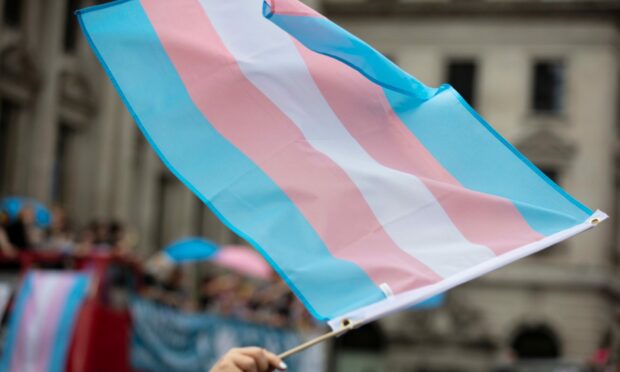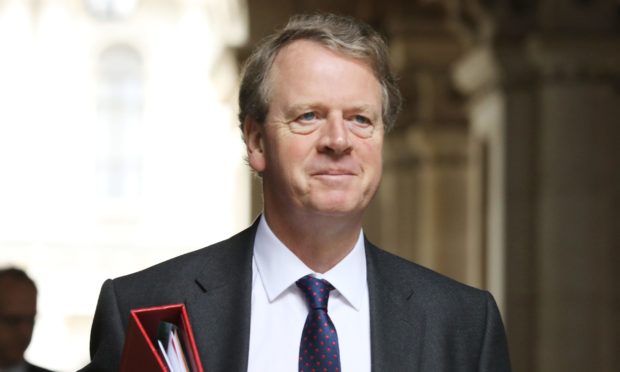Humza Yousaf’s government has confirmed it will launch a legal fight to stop Westminster from blocking controversial gender reforms in Scotland.
The Scottish Government passed laws making it easier for transgender people to self-identify in December, but the Tories intervened to halt the proposals.
During his campaign to become SNP leader Mr Yousaf said he was determined to fight the UK Government in court over their decision.
Scottish secretary Alister Jack stopped the reforms from progressing by using a Section 35 order, which lets Westminster veto certain laws passed in the Scottish Parliament.
He defended the UK Government’s intervention by insisting there were concerns the reforms could have an impact on current policies south of the border.
SNP social justice chief, Shirley Anne-Somerville, insisted a legal challenge was necessary and warned the Conservatives were trying to undermine Holyrood.
She said: “The Gender Recognition Reform Bill was passed by an overwhelming majority of the Scottish Parliament, with support from members of all parties.
“The use of Section 35 is an unprecedented challenge to the Scottish Parliament’s ability to legislate on clearly devolved matters and it risks setting a dangerous constitutional precedent.
“The UK Government gave no advance warning of their use of the power…Our offers to work with the UK Government on potential changes to the Bill have been refused outright.”
It means the row over the reforms, which dominated Holyrood in December, are now set to rumble on.
And it comes just months after the UK Supreme Court ruled against the SNP in their bid to hold an independence referendum without Westminster approval.
Mr Jack said: “The UK Government will robustly defend the decision to prevent the Scottish Government’s Gender Recognition Reform Bill from becoming law.
“I made the order after thorough and careful consideration of all the relevant advice and the policy implications.
“I was very clear in the accompanying Statement of Reasons how the Bill would have an adverse effect on reserved matters.”
The SNP was met with a small backbench rebellion over the policy and eventual leadership contender Ash Regan quit the government in protest against them.
Ex-Finance Secretary Kate Forbes revealed she would have voted against the reforms had she not been on maternity leave.
Along with Ms Regan, she was highly sceptical of Mr Yousaf’s plans to launch legal action during the race to succeed Nicola Sturgeon.
Most Scottish Tory MSPs were against the proposals, but a handful of Conservatives went against their party and supported them.
The goal of the law was to remove obstacles for transgender people in Scotland by allowing them to self-identify without a medical diagnosis.
Trans men and trans women would have only been required to live in their acquired gender for a maximum of six months instead of two years before getting a fresh birth certificate.
But the proposals were met with vocal opposition from prominent figures including author JK Rowling who warned they would put women at risk.




Conversation